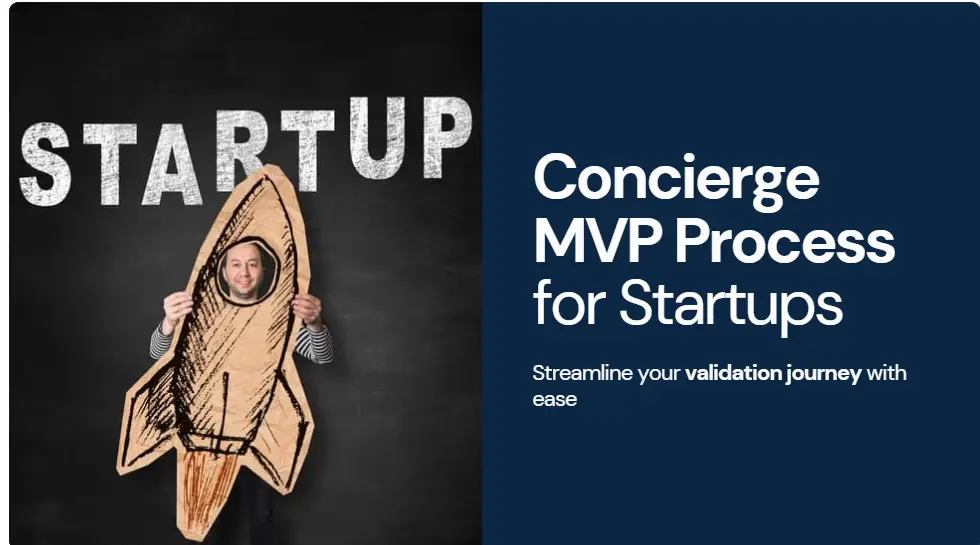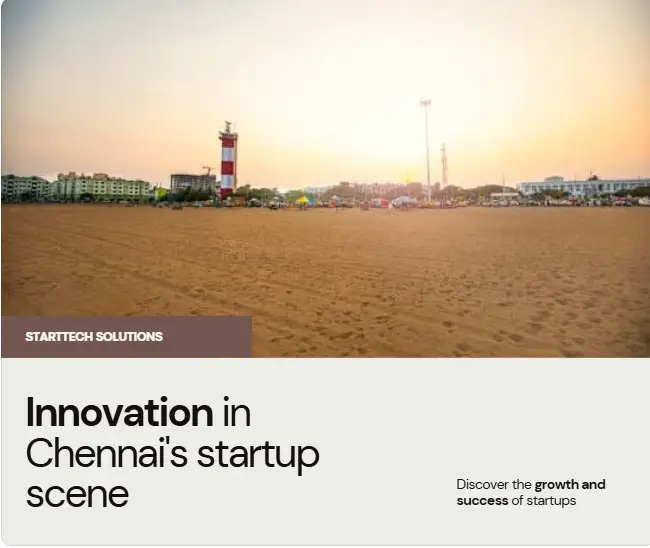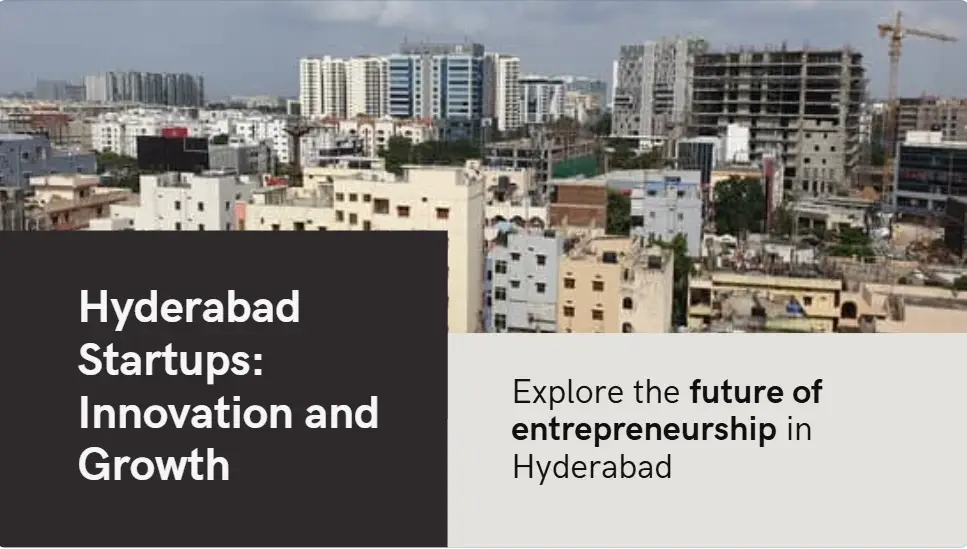Introduction: The Emergence of Bengaluru's Gen Z Hacker House
When I watched the viral video that made the HSR Layout in Bengaluru a global phenomenon, I could not pick my jaws off the floor. It is an ugly, frenzied eyeblast of a home where Gen Z kid coders just out of high school are banging away at AI, robotics, and hardware developments. Canadian podcaster Caleb Friesen shared this clip, which has accumulated more than 1.4 million views, and I was sucked into watching as it could have been filmed in the early days of Silicon Valley with a Steve Jobs poster guarding the entrance.
I am a tech enthusiast and this story is particularly close to me because it is there where the future is being written in real-time messy, snack-powered and without apology of ambition.
These teens, funded and mentored by Localhost, are not merely following the trends, but they are developing solutions as AI noise cancellers and assistive robots that can transform the life of people. As an investor, I can see it as a goldmine here. HSR Layout Hacker house is not the cool experiment, it is the nursery of unicorns in India.
Key Takeaways
- Youth and Early Start: Founders Suhas (18), Surya (17), and Harish (16) started their tech careers before finishing high school, bringing fresh ideas and relentless enthusiasm.
- Innovative Projects: They are building real-world solutions: Suhas with developer tools, Surya with his WhisperWave noise cancellation system, and Harish with an assistive robot.
- Early Accomplishments: Suhas is recognized by Infosys 20u20, Surya holds patents and awards from GoogleX, and Harish's work is gaining significant attention.
- Supportive Ecosystem: Localhost provides critical funding, mentorship, and the physical hacker house, allowing them to focus purely on innovation.
- Originality and Impact: Their ventures are characterized by originality and a focus on creating a tangible, global impact, rather than just following trends.
What is a Hacker House?
I always thought of a sloppy, twitchy environment full of caffeinated, code-addicted brains in their drafty basement. As it turns out, I wasn't far off. A hacker house is a communal home where ambitious young tech professionals reside, work, and collaborate on new projects. It's essentially a dorm for geeks, but instead of studying for exams, they are creating AI, apps, or hardware that could change the world. It took root in Silicon Valley in the early 2010s, driven by soaring rents that pushed young entrepreneurs to share resources and turn their homes into 24/7 innovation zones.
The Bengaluru hacker house in HSR Layout is a fearless spin on this notion. It's not a slick, venture-funded co-living apartment but a raw startup workplace where teenage hackers, as young as 16, code AI noise cancellers and build robots.
| Aspect | Bengaluru’s Hacker House | Global Counterparts (Silicon Valley, Berlin) | Who Stands Out? |
|---|---|---|---|
| Demographics | Mostly Gen Z (16–22), hyper-focused on AI, robotics | Broader age range (20s–30s), diverse tech fields | Bengaluru – hyper-niche & youthful |
| Vibe | Gritty, snack-fueled, Steve Jobs poster on the wall | Often sleek, co-working space vibes | Bengaluru – raw and high-energy |
| Support System | Localhost offers funding & mentorship, no formal VC | Often tied to accelerators or VC networks | Bengaluru is leaner |
Next-Gen Innovators of India: Meet the Founders
I can hardly wait to explore the lives of some of the daring Gen Z entrepreneurs in India. Residing in the Bengaluru hacker house or elsewhere, they have proven that age is a trivial consideration when creating something epic. Here are four amazing founders who have a vision to play ball differently.
Tilak Mehta
Age: 20 (born 2005)
Venture: Papers N Parcels (Mumbai, 2018)
This logistical startup makes use of the well-recognized dabbawala system in Mumbai for same-day delivery, making services faster and cheaper. The innovation is his mixture of a digital platform with an ancient delivery network. Offering more than 1,200 deliveries a day, his firm competes with giants while providing employment to dabbawalas. I am amazed by his ability to identify a hole in the logistics system and convert it into a scalable solution.
Arjun Deshpande
Age: 23 (born 2002)
Venture: Generic Aadhaar (Mumbai, 2018)
Inspired to address healthcare disparity, Arjun started a chain of over 2,000 stores selling generic drugs up to 80% cheaper than branded ones. His breakthrough was eliminating middlemen and teaming up with manufacturers. With the support of Ratan Tata, Arjun's vision is about dignity and survival. He is not just a business owner; he is a life changer.
Advait Paliwal
Age: 22 (born 2003)
Venture: Apex Infosys (~2018)
Advait was coding websites at 9. Now, as CEO of Apex Infosys, he develops apps like "Technology Quiz" to help students learn science and tech interactively. His company has completed over 100 programs for large brands, combining education and technology effectively. As the youngest speaker at an IIT Kharagpur Entrepreneurship Summit, he shows how curiosity can create a huge difference.
Aditya Pachpande
Age: 21 (born 2004)
Venture: NextGenInnov8 (Pune, ~2020)
Aditya's hustle is mind-blowing. His platform NextGenInnov8 has trained over 10,000 students in intellectual property rights and innovation. His prestigious work, the SURAKSHA BOX (a UVC sterilization device), earned him a patent and a shout-out from PM Narendra Modi. He is a globetrotting mind with practical solutions, and I love his mission to inspire the next generation of creators.
Backstage: AI, Robotics and Hardware in Action
Day-to-Day Life Inside the Hacker House
Entering the HSR Layout hacker house is like walking onto a sci-fi movie set. It's a startup warzone, not a luxury pad. Coders are on beanbags, code flickers on dual monitors, and a Steve Jobs poster looms like a silent cheerleader. The day is a fluid but relentless rhythm of coding, brainstorming, and prototyping. Harish, a 16-year-old, tunes his assistive robot, while Surya tests his "WhisperWave" AI. Binge nights are when the real magic happens: coding marathons, fueled by snacks and Red Bull, stretch past 3 a.m. The house isn't all hard work; it makes time for FIFA matches and good-natured roasts of each other's code. The community is the real mortar—they are each other's soundboards, debug wizards, and hype squads.
Also Read: 25 B2B SaaS Marketing Strategies for 2025
Key Technologies and Tools Powering their Creations
From AI wearables to autonomous bots, this nerd utopia is powered by a fascinating mix of cutting-edge tech and scrappy resourcefulness.
- AI and Machine Learning: Frameworks like TensorFlow and PyTorch are go-to tools, while OpenAI's APIs and Hugging Face models enable rapid prototyping.
- Robotics: Raspberry Pi and Arduino boards are everywhere, with ROS (Robot Operating System) serving as the software backbone.
- Hardware and IoT: 3D printers produce custom parts, while soldering stations are crucial for circuit making. Prototyping tools like KiCad and Fusion 360 allow them to go from sketch to prototype in days.
- Software Development: VS Code and GitHub are central for coding and collaboration, while Docker and GitHub Actions streamline deployment.
Success Stories & Early Wins
The raw energy of these young founders is already producing real-world impact and grabbing global attention. The air is electric with early wins.
Notable Prototypes, Pilot Projects, or Funding Milestones
- WhisperWave by Surya: This AI-powered noise-cancellation system has begun piloting with local startups, reducing ambient noise by over 70% in demos.
- Assistive Robot by Harish: His robot, for people with disabilities, raised ₹5 lakh in seed capital from Localhost and is being trialed at a rehab center in Chennai.
- dawnAR Technologies' AR Glasses: A prototype for affordable AR glasses secured a ₹10 lakh grant from a Bengaluru angel investor, targeting a consumer beta by mid-2025.
Media Buzz and Social Media Virality Metrics
Viral Video Impact
The viral video from Caleb Friesen was just the start. The hacker house has become a media sensation, with a YourStory feature driving 20k site visits in a week and #HackerHouse trending on X in India. Projects like WhisperWave now average 5,000 engagements per tweet, validating their grassroots approach to marketing.
Challenges Faced by Young Startups
I admire the founders, but their path is not easy. Young startups face life-and-death obstacles, from begging for funds to penetrating saturated markets. How the community fights these challenges with sheer will is what makes them invincible.
Funding Gaps, Resource Constraints, and Market Hurdles
- Funding Gaps: Cash is tight. With no VC contacts, I can imagine Harish pitching his robot to doubtful investors who prefer older founders.
- Resource Constraints: Expensive hardware is a barrier. Surya's AI project requires huge cloud credits, and not every founder has top-tier GPU access.
- Market Entry Hurdles: Getting into traditional industries is war. Chandan's Podcast Circles competes against behemoths like Spotify, a monumental challenge.
How the Hacker House Community Tackles These Obstacles
- Pooled Resources: The house is a lifeline. Localhost provides small grants (₹1-5 lakhs), and shared tools like 3D printers stretch every penny.
- Mentorship Magic: I can picture late-night sessions where mentors debug code or revise investor decks, boosting morale and providing invaluable guidance.
- Social Media Savvy: They use X to drum up visibility. A demo of dawnAR's glasses went viral with 10k retweets, landing them an angel investor. They turn likes into leads.
Why Bengaluru Is the Perfect Playground for Gen Z Techies
Bengaluru is the ultimate hub for Gen Z techies. Its unique ecosystem combines a deep talent pool, massive funding, and world-class infrastructure—a dream for any young innovator.
Bengaluru's Startup Ecosystem Breakdown
Local Ecosystem Benefits: Talent, Funding, and Infrastructure
- Talent Pool: Bengaluru houses 2 million IT professionals and churns out 90,000+ engineering graduates from elite institutions like IISc and IIM-B.
- Funding Availability: In 2022 alone, startups here raised $10.8 billion. Angel investors and micro-grants from programs like Localhost keep young founders afloat.
- Infrastructure: Tech parks like Electronic City and Bagmane Tech Park provide high-speed connectivity, while shared resources like 3D printers and cloud credits are accessible.
Government & Industry Support Programs
The Karnataka government is all-in on startups. The Karnataka Startup Policy 2022-2027 aims to create 50 innovation centers and provide seed funding. Industry players like KDEM connect startups with VCs and global markets, while events like Bengaluru Tech Summit 2023 link founders with mentors.
Actionable Tips: How You Can Join or Support the Movement
Whether you are an aspiring founder or an investor, there is a way into this movement. Here's how I would get involved or support these innovators.
Ways for Aspiring Founders to Get Involved
- Connect with Localhost: Visit their website (localhost.org) or X handle (@LocalhostIndia) and apply to a cohort. Show them your project ideas.
- Build a Portfolio: Showcase, don't just tell. Build a GitHub repo with your code, from AI scripts to hardware prototypes, and share it online.
- Attend Tech Meetups: Go to events like Hackerearth's CodeStreet or the Bengaluru Tech Summit. Talk to coders and give your spiel.
- Move to Bengaluru: If you're serious, consider shifting to HSR Layout or Koramangala. Affordable PGs (₹5,000-10,000/month) are close to tech hubs.
Ways Investors and Corporates Can Collaborate
- Sponsor Localhost's Mission: Contact Localhost to sponsor grants or hardware. A micro-grant of ₹1-5 lakh empowers teens like Harish to build robots.
- Offer Mentorship: I would love to see a Google dev guide Surya on scaling his AI. One-hour Zoom sessions or hackathon judging can spark breakthroughs.
- Partner in Pilots: Corporates can run pilots with hacker house prototypes. For example, a coworking space could test Surya's noise cancellation tech.
Conclusion and Future Outlook
What's happening in Bengaluru's HSR Layout is more than a trend; it's a declaration. The Gen Z heroes in this hacker house are not just coding projects; they are coding the future of India. Their raw, unapologetic hustle is the blueprint for a new era of innovation, set to transform the country's startup landscape from an "outsourcing hub" to a global "innovation epicenter."
I predict rapid growth. By 2026, Surya's WhisperWave could be in every coworking space, Harish's assistive robot could scale to hospitals, and dawnAR's AR glasses could see a consumer launch. Localhost's plan to expand to Mumbai and Hyderabad will only accelerate this movement, mentoring waves of new teen founders. The world is watching, and I am buzzing with optimism for what comes next.
Frequently Asked Questions
It's a co-living space in HSR Layout where Gen Z techies (ages 16-22) build startups in AI, robotics, and hardware. It's a messy, high-energy lab for innovation, supported by grants and mentorship from Localhost.
Localhost, an organization supporting young builders, runs the program. The Bengaluru chapter provides grants (₹1 lakh to ₹5 lakh), hardware credits, and mentorship to help founders focus on innovation.
The projects solve real-world problems. Examples include Surya's WhisperWave (AI noise cancellation), Harish's assistive robot, and dawnAR's low-cost AR glasses.
They survive on grit, community support, and resources from Localhost. The low cost of living in Bengaluru helps, and they thrive by pooling resources, sharing tools, and bartering skills.
Funding is the biggest hurdle, as VCs often hesitate to back teen founders. Access to expensive hardware is another challenge, as is competing against established market giants.
If you're a young builder, apply via localhost.org or contact them on X (@LocalhostIndia). A strong GitHub portfolio and networking at Bengaluru tech meetups will boost your chances.
They can sponsor grants, donate hardware, offer mentorship sessions, or partner on pilot projects. Even amplifying their wins on social media provides valuable exposure.
Bengaluru is India's tech capital, boasting a massive talent pool, huge startup funding ($10.8B in 2022), and supportive government policies like Karnataka's $48M deep-tech fund.
Yes. Localhost plans to expand to other cities like Mumbai and Hyderabad. The global media attention suggests this model is the future of grassroots innovation in India.
Follow @LocalhostIndia on X for project updates. Also, watch tech news sites like YourStory and hashtags like #HackerHouse and #IndiaTech on social media.





